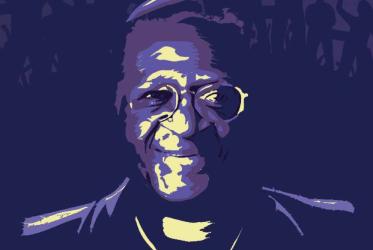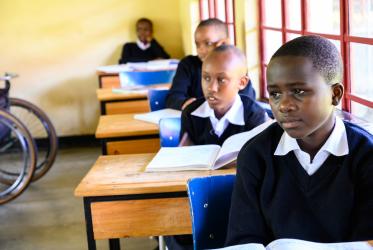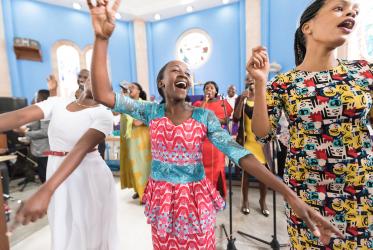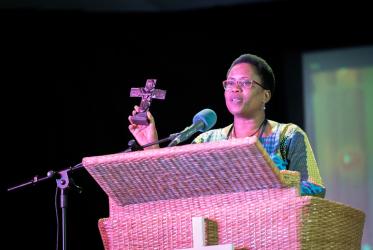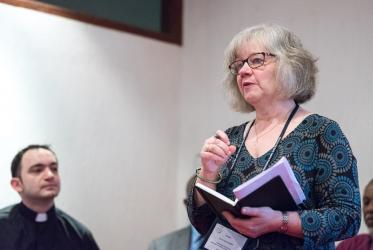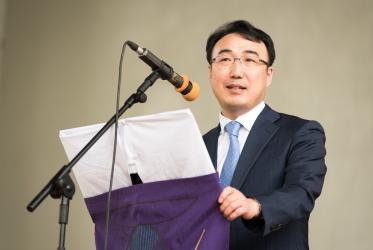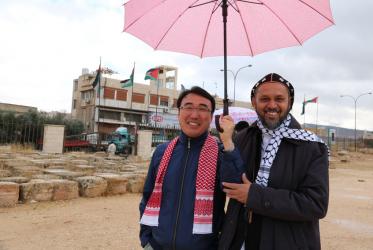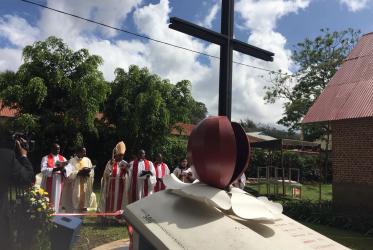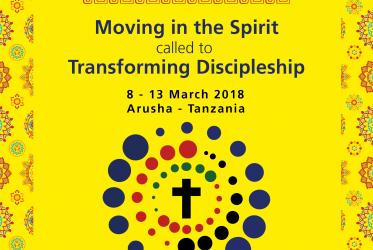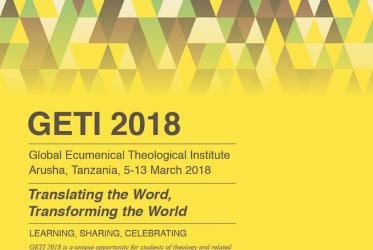Displaying 1 - 20 of 21
03 February 2022
Mission and people with disabilities
26 June 2019
How will the Arusha Call change the world?
20 May 2019
“Sending service” closes Arusha conference
13 March 2018
WCC leaders offer insights at mission conference
10 March 2018
Mission conference theme carries profound meaning
06 March 2018
Konrad Raiser shares ecumenical journey of transformation
06 February 2018
WCC joins Tanzanian service observing Reformation anniversary
03 November 2017
